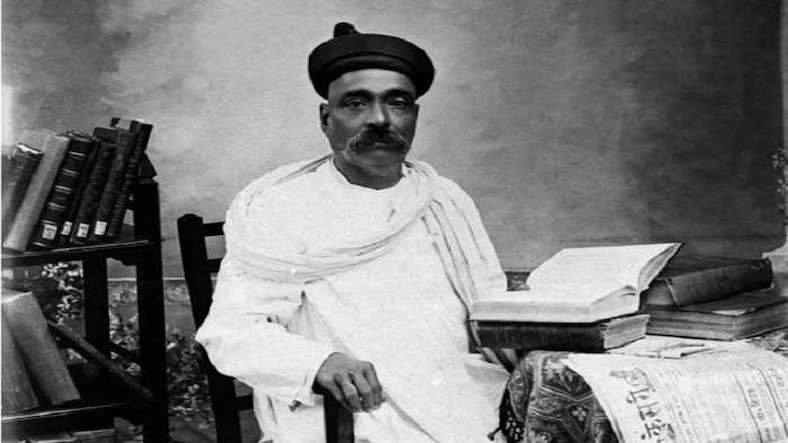Bal Gangadhar Tilak (1856-1920) was an Indian nationalist leader, social reformer and freedom fighter who played a pivotal role in India's struggle for independence from British colonial rule. He was born on July 23, 1856, in Ratnagiri, Maharashtra, India. Tilak is often referred to as "Lokmanya" (meaning "beloved of the people") due to his immense popularity and influence.
Here are some key aspects that contribute to Bal Gangadhar Tilak being considered a great figure:
-
Swadeshi Movement: Tilak was a strong proponent of the Swadeshi movement, which aimed at promoting Indian industries, boycotting British goods and encouraging self-reliance. He believed that economic independence was essential for India's freedom. Tilak's efforts in mobilizing people to participate in the Swadeshi movement played a crucial role in fostering nationalistic sentiments and unity among Indians.
-
Promotion of Indian Culture and Heritage: Tilak emphasized the importance of preserving and promoting India's rich cultural heritage. He believed that a strong connection to Indian traditions, values and history was vital for the nation's progress and identity. Tilak actively promoted festivals such as Ganesh Chaturthi, encouraging public celebrations as a means of fostering a sense of national pride and solidarity.
-
Journalism and Freedom of the Press: Tilak was a prolific writer and journalist. He founded and edited newspapers like Kesari (in Marathi) and The Maratha (in English), which became powerful mediums for disseminating his ideas and rallying public support for the freedom struggle. Tilak staunchly defended the freedom of the press and used journalism as a tool to educate, mobilize and inspire the masses.
-
Advocacy for Home Rule and Self-Government: Tilak advocated for the concept of Home Rule, which aimed at attaining self-government for India within the British Empire. He believed that India's progress and well-being could only be achieved through self-rule. Tilak's advocacy for Home Rule, along with Annie Besant, inspired a broader movement that sought to secure self-governance for India.
-
Inspiring Leadership and Mass Movements: Tilak's leadership qualities, oratory skills and ability to connect with the masses made him a popular figure and a source of inspiration for millions of Indians. He organized public gatherings, protests and mass movements, encouraging active participation and instilling a sense of national pride and unity among the people.
-
Contribution to Education: Tilak recognized the significance of education in uplifting society and fostering a sense of empowerment. He actively worked towards promoting education among the masses, especially focusing on providing education in vernacular languages. Tilak believed that education was the key to liberating the Indian mind and preparing future generations for the challenges of nation-building.
Bal Gangadhar Tilak's relentless efforts, nationalist fervor and commitment to the cause of India's freedom have established him as one of the great figures in India's history. His leadership, advocacy for self-rule, promotion of Indian culture and dedication to social reform continue to inspire and influence generations. Tilak's contributions to the freedom struggle and his ideas on national unity, self-reliance and cultural revival remain an integral part of India's collective memory and serve as a reminder of the indomitable spirit of its people in the pursuit of freedom and progress.










